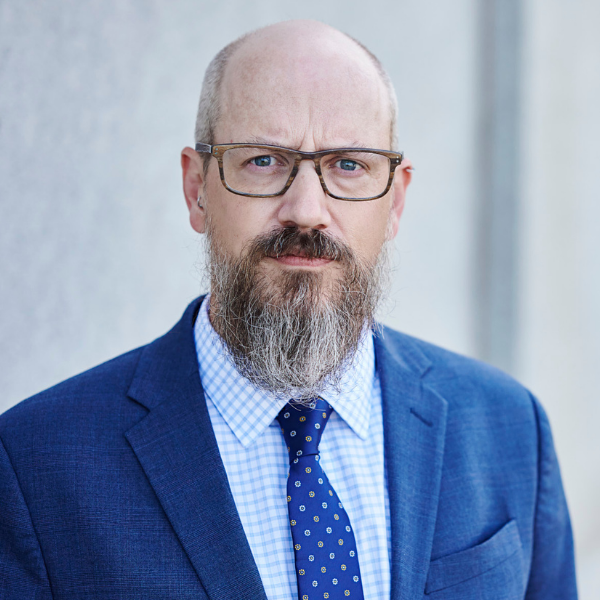New funding announced by Doug Ford comes with strings that will achieve the opposite of fairness
Two and a half years after his “guarantee” of legal aid to any accused who needs representation in court, Ontario Premier Doug Ford finally made good on his promise — but only if there is a guilty plea.
Back in April 2019, after Ford and Ontario’s Attorney General Doug Downey slashed Legal Aid Ontario’s funding by $133 million, Ford took to the radio to do a little damage control.
“If anyone needs support on legal aid, feel free to call my office,” Ford told AM640 Global News Radio during a frantic phone call April 22, “I will guarantee you that you will have legal aid.”
Internal government documents later revealed that Ford never had any intention on following through on his promise. But as the government was misleading the public and cutting Legal Aid funding, and during the COVID pandemic, they were cooking up a plan to increase funding for police and prosecutors.
Last week, the province announced $72 million of funding to purportedly help Ontario’s court system deal with the COVID-19 case backlogs. Downey claimed that the “new investment will support the work of prosecutors and police to hold offenders accountable and stand up for victims of crime as they seek justice.” Downey went on to specify that the new money will be used to hire more court staff and prosecutors.
The public later learned that some of the new money, although the Ministry of the Attorney General would not say how much, would also be used to automatically grant unrepresented accused, whose matters are in Judicial Case Management Courts, legal aid coverage for guilty pleas.
But, if an accused wants to plead not guilty and have a trial, they are on their own.
Downey’s new guilty plea money will not cure the delays in the justice system, but it has the potential to create a firestorm of injustice.
There is no question that there is a problem with delays in our justice system. This is not just a symptom of the COVID-19 pandemic. Indeed, delay was a problem before COVID and much of that delay can be traced back to underfunding of the legal aid system.
It is also true that the criminal justice system is an insatiable beast — a black hole that will endlessly devour money and resources, almost always with little to show for it.
The fix to delays in our courts is not as easy as simply feeding the beast. The only real solution to court delays is to refocus and rethink how we use the justice system. When we turn to the criminal justice system and police as the first point of contact for individuals who are suffering from mental health issues, addiction, or poverty, there should be no surprise that court dockets overflow.
And when governments cut legal aid funding and put up access to justice road blocks that force some of the most marginalized in our society to navigate the system as self-represented accused, we should not be surprised when the delays compound.
Downey’s plan to dish out money — money that could be used to restore his cuts to legal aid — to hire more prosecutors and induce guilty pleas won’t meaningfully help with court delays, but it will further imbalances the scales of justice.
There is already a massive power imbalance between the state and an accused person. The state has an ever-growing army of fully funded prosecutors, investigators, and forensic experts. The state is never unrepresented in court, unlike so many of the impoverished people it prosecutes. So, as a starting point, the justice playing field is far from level.
There are already powerful incentives for innocent accused people to plead guilty — to avoid the protracted uncertainty of a trial, receive a more lenient sentence, or escape restrictive bail conditions.
Downey has now added another incentive to the calculous — a guilty plea means that you will receive the protection of legal representation, but if you plead not guilty, you will be thrown to the wolves on your own.
When I asked Downey’s office some questions about the development of the new guilty plea certificate scheme, they responded that, “Legal Aid Ontario, in consultation with the Criminal Lawyers Association, set the criteria for issuing these certificates.”
I spoke with John Struthers, president of the Criminal Lawyers’ Association, who denied that there were any consultations, in fact the CLA has strongly denounced Downey’s new scheme.
This new government money is not about helping vulnerable or impoverished accused. It is not about ensuring a fair trial or process. It is not about taking honest and meaningful action to address the symptoms that lead to overburdened courts.
It is about making it more tempting for accused, who are presumed innocent, to plead guilty rather than go to trial. It is about making it easier for prosecutors to secure convictions, guilt or innocence be damned.
And a justice system that throws up roadblocks to a “not guilty” opinion can hardly be called just.











